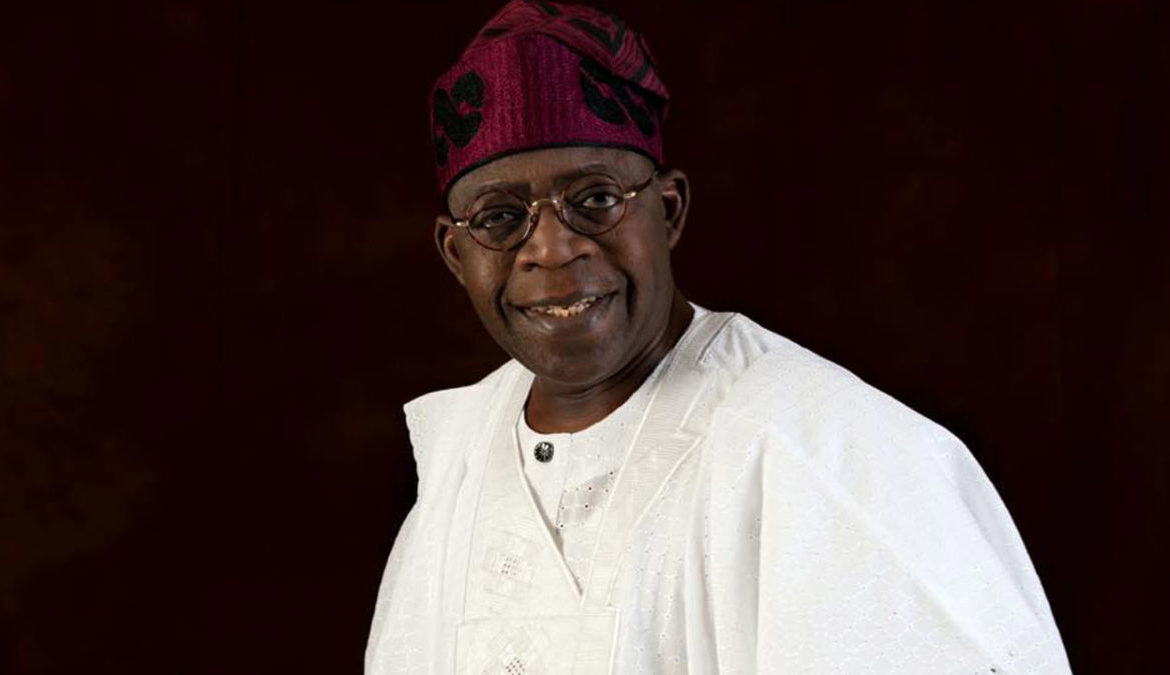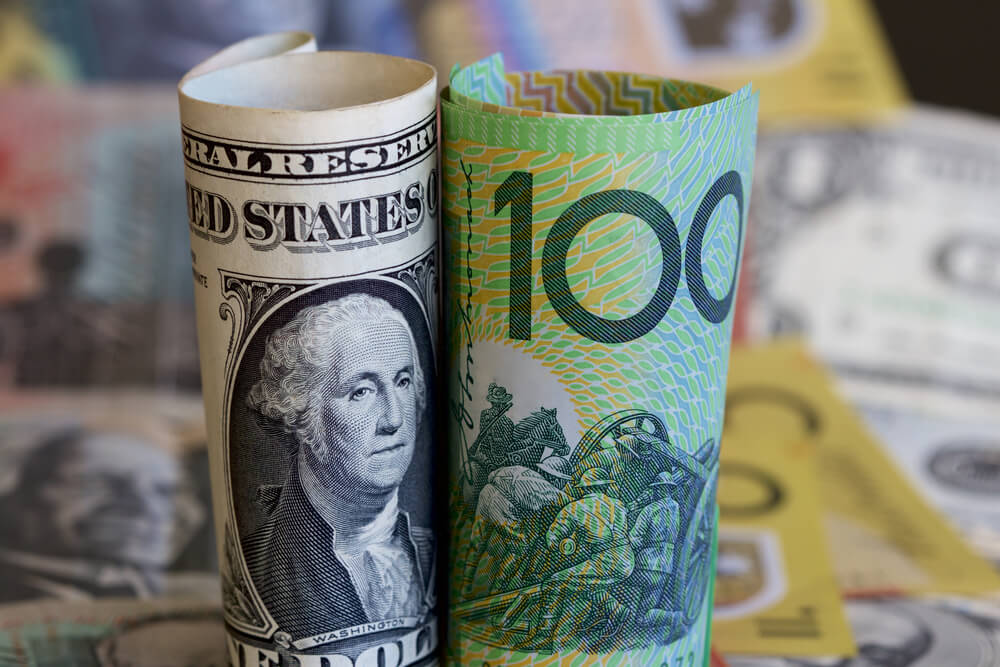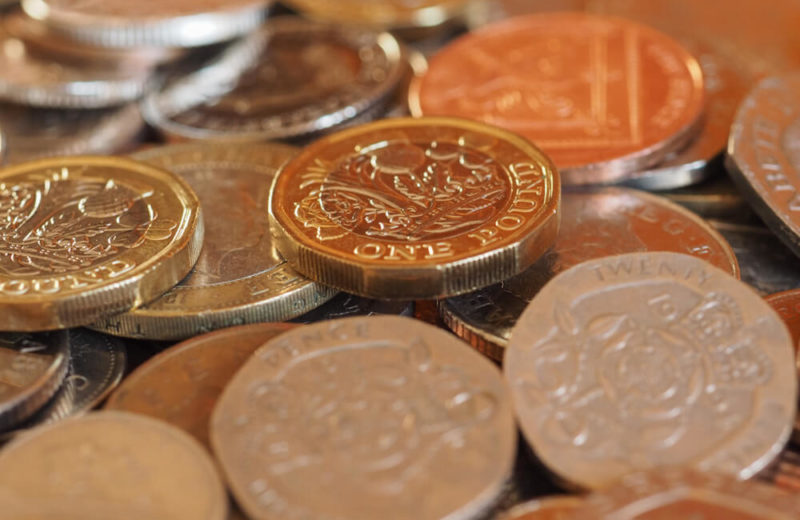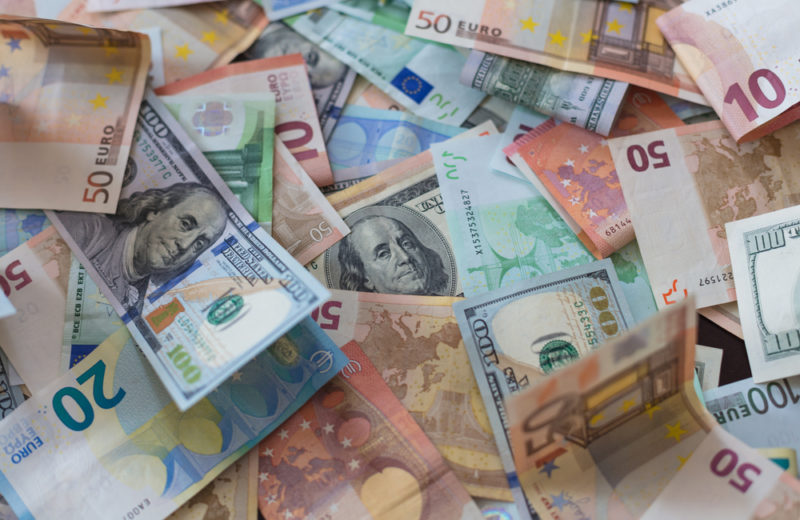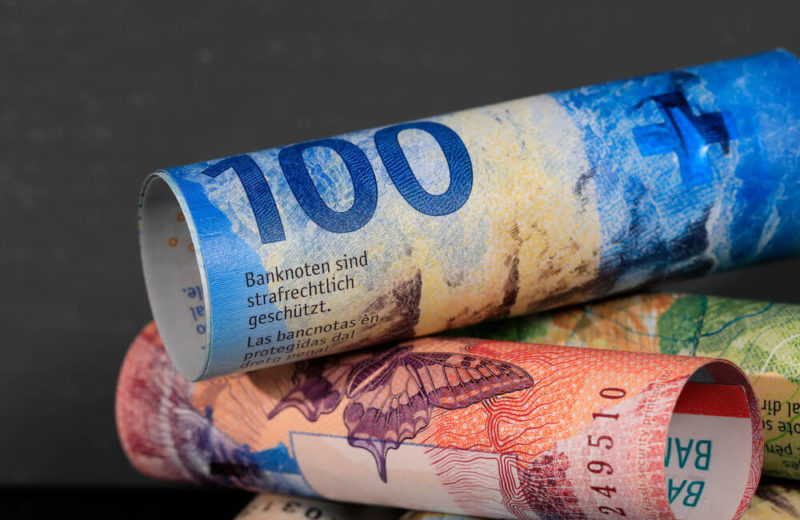The economic landscape of Nigeria has been grappling with a concerning trend as the Naira, the national currency, witnessed a significant fall against the United States dollar. On Monday, data from FMDQ and parallel market traders unveiled significant currency depreciation, impacting both authorized and unauthorized markets. This downturn raises questions about the economic stability and factors influencing the value of the Naira.
Depreciation at Official and Unofficial Markets
At the official window, the Naira closed at N1,348 per $1 on Monday, marking a 51.1% depreciation from the N891.90 rate recorded in the previous session. The intraday fluctuations saw the Naira reaching a high of N701.0 and a low of N1,414.94 before settling at N1,348. Simultaneously, the unauthorized market continued to slide, with a minimum rate of N1,447 and above. The total foreign exchange turnover at the official market during this period amounted to $64.3 million.
Experts attribute this depreciation to a surge in dollar demand by citizens for essential expenses such as importation bills, school fees, and airline fares. Despite the CBN injecting an additional $500 million into the foreign exchange market, the Naira continued its downward trend.
CBN’s Measures and Future Prospects
The Central Bank of Nigeria (CBN), in response to the difficult circumstances, declared the infusion of resources and unveiled a comprehensive plan to improve the availability of funds in the Nigerian foreign exchange markets in the near, mid, and long run. This move came after disbursing approximately $2 billion across crucial sectors like manufacturing, aviation, and petroleum. The central bank’s commitment to improving liquidity signals a proactive stance to stabilize the currency and boost investor confidence.
The recent depreciation of the Naira against the US dollar highlights the challenges faced by the Nigerian economy. The CBN’s measures address the delicate balance between economic stability and external market forces amid heightened demand for dollars. Stakeholders will closely monitor the CBN’s strategies, anticipating signs of progress and a possible turnaround in the Naira’s performance. The resilience of the Naira in the face of economic challenges remains a critical aspect of Nigeria’s financial narrative.


